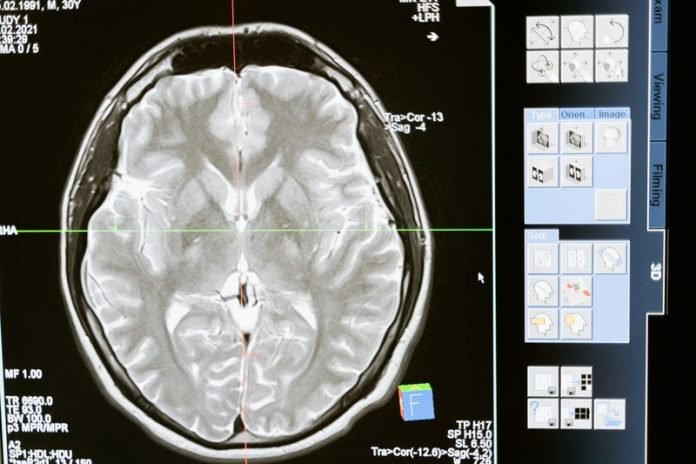
In a recent study published in the Journal of Neuroscience, researchers made big progress in understanding how Alzheimer’s disease spreads through the brain.
They discovered a critical period of time where medical intervention could halt its onset.
The research is from the University of Southampton. One author of the study is Dr. Katrin Deinhardt.
A hallmark of Alzheimer’s disease is the accumulation of tau protein in neurons which causes loss of brain volume. This build-up, known as neurofibrillary tangles, is formed when a diseased version of tau folds itself incorrectly.
Prior to this research, very little was known about the timescale of this process and how the misfolded tau proteins spread to other cells.
Studying this in a human brain would be too complex, so the team created a circuit of mouse neurons grown in cell culture and introduced diseased tau proteins to these cells.
They found that the tau very quickly spread to other neurons and started to misfold and accumulate.
However, despite the tau build-up, it did not cause aggressive damage and both the donating and accepting neurons remained functional and capable of sending electrical messages.
The team says that misfolding tau was not immediately toxic and that the affected cells could tolerate the build-up better than they anticipated.
This is a really positive outcome and highlights that there is a window of time where therapeutic intervention could take place to rescue neurons with tau pathology.
The researchers were excited to find that neurons with misfolded tau could remain healthy because this suggests they could be saved before the occurrence of cell death that leads to brain shrinkage and memory problems.
They hope that the new findings will encourage further research into this therapeutic window in order to slow or even stop the progression of Alzheimer’s disease.
If you care about Alzheimer’s disease and dementia, please read studies about early signs of Alzheimer’s disease are found in our body clock and findings of can aspirin help treat Alzheimer’s disease?
For more information about Alzheimer’s disease prevention and treatment, please see recent studies about a new method to detect early-stage Alzheimer’s disease and results showing that your walking speed may tell your risk of dementia, depression, and more.
Copyright © 2021 Knowridge Science Report. All rights reserved.



